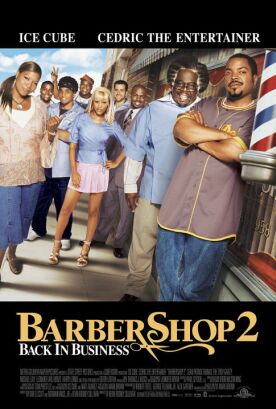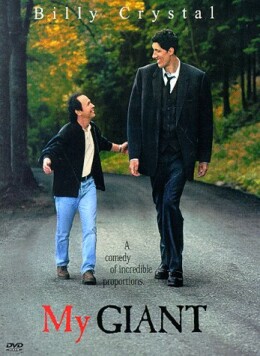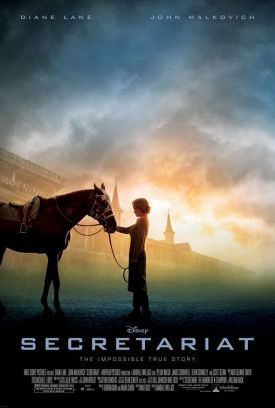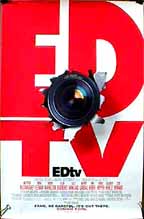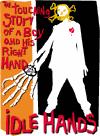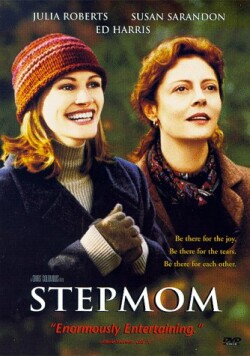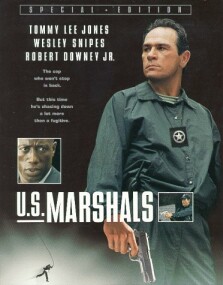Barbershop 2: Back in Business
Barbershop 2: Back in Business, directed by Kevin Rodney Sullivan, suffers the fate of most sequels. The more superficially crowd-pleasing elements of the original — mainly the calculated outrageousness of the wisecracks of Cedric the Entertainer’s Eddie — are exaggerated until they unbalance the film, distort its sense of proportion and crowd out any subtler virtues it might once have possessed.
Thus we begin as Eddie regales Cal (Ice Cube) and his fellow barbers and customers with the opinion that “the DC Sniper was like the Jackie Robinson of crime. He broke into the white leagues,” because all that calculation of trajectories and so forth involved in shooting from the trunk of a car, well, “That’s white-folks s***.” Ha ha. Good old Cedric. Nothing “sensitive” or p.c. about him, is there? There’s a lot more, but much of it I couldn’t hear — not only because of Eddie’s affected speech impediment and the street argot that litters his speech but also because the audience when I saw the picture was so eager to find him funny that often it burst into howls of merriment well before he got to the punch-line.
The story of the film, in which the franchisee of a national chain of black hairdressing salons called “Nappy-Cutz” moves in across the street from Calvin’s shop with help from a corrupt politician and predictable results, is utterly forgettable, while the moralizing on the virtues of black community inevitably sounds second-hand and unpersuasive — as does the idea that Nappy-Cutz would sink so much of its investment in a poor neighborhood in massage chairs and fish tanks and an on-premises basketball court. The corrupt alderman who takes a payoff from the chain, and from developers who have still other plans for the neighborhood site while smugly insisting that “Competition is the cornerstone of democracy” has no function except to flatter the audiences preconceptions about dirty politicians.
Jimmy (Sean Patrick Thomas) who is working as an aide to the alderman returns to his barber chair when he sees the corruption, but it seems odd that that is his only option. Not much more than a hint of the moral seriousness of Barbershop (2002) survives in the rejection by the lone female barber, Terri (Eve), of “that thug, gangsta, playa s***” which is put on in the attitude of would-be boyfriend Ricky (Michael Ealy) and his attempt to win her by getting his GED in spite of the embarrassment to a “thug, gangsta, playa” of doing so. But this occupies only a moment in the film, which is otherwise pretty much all given up to earnest, incorruptible, boring Cal and Outrageous Eddie.
There are moments of real humor from the latter, as when he has a conversation with a chai-drinking, lap-top-browsing yuppie on a train. “Dat’s de lactose intoleration,” he says, dropping into the Amos ‘n’ Andy-type caricature that he knows is much more embarrassing to liberal-minded whites than it is to blacks. Thus the shocked yuppie whines that he’s always been “nice” to black people.
The high point of the picture, judging by the gales of laughter it provoked around me, is a flyting match, or contest of insults, between Eddie and Gina (Queen Latifah), the proprietor of the next-door beauty salon, at a neighborhood barbecue. A preview suggests that the franchise is to branch out into a feature on Gina’s salon in the near future. But I couldn’t make out more than about one joke in three in the rapid-fire sequence between her and Eddie. Maybe you’ll have better luck.
Discover more from James Bowman
Subscribe to get the latest posts to your email.

